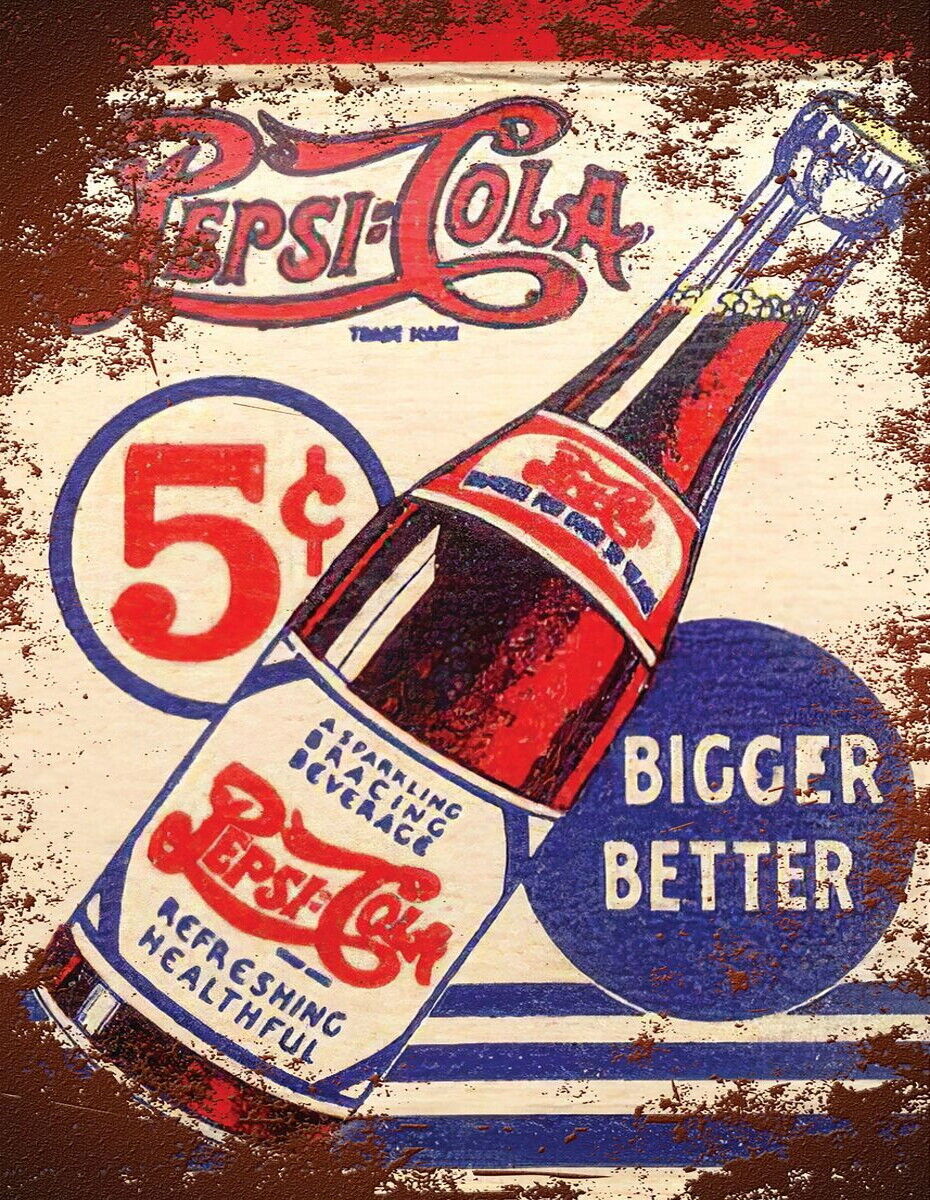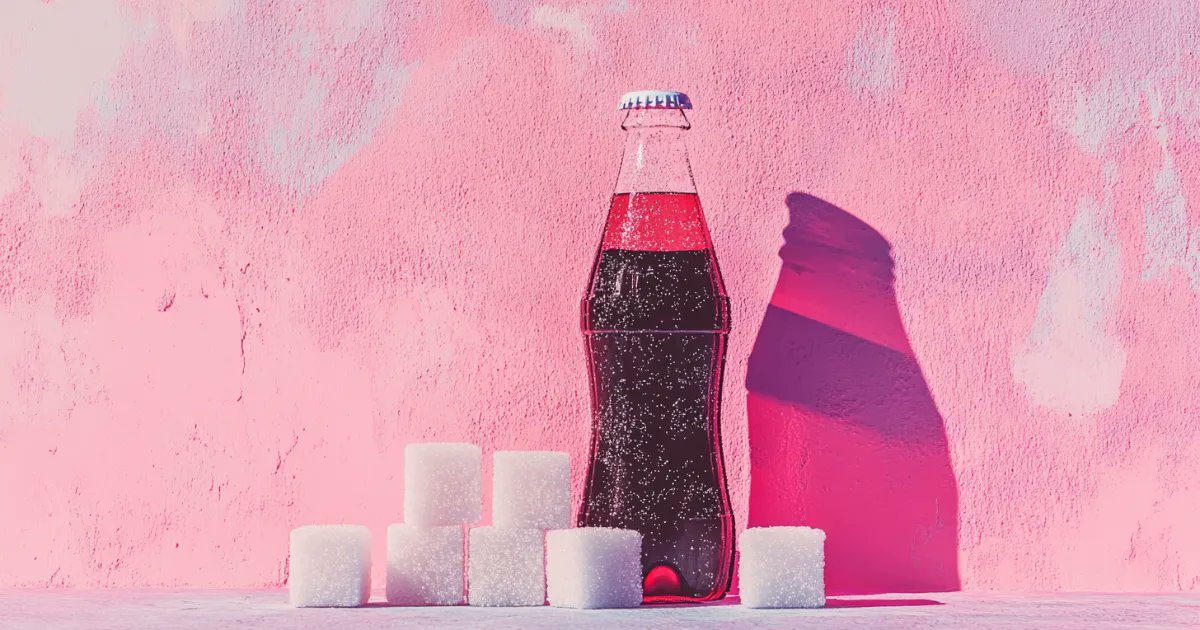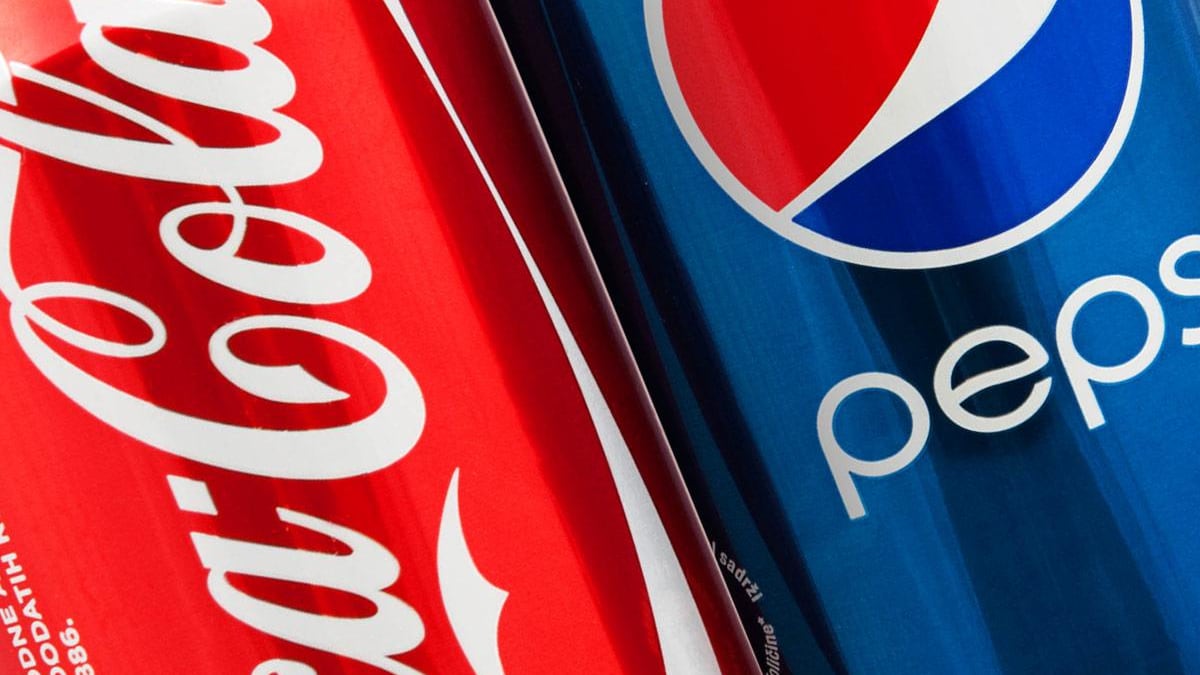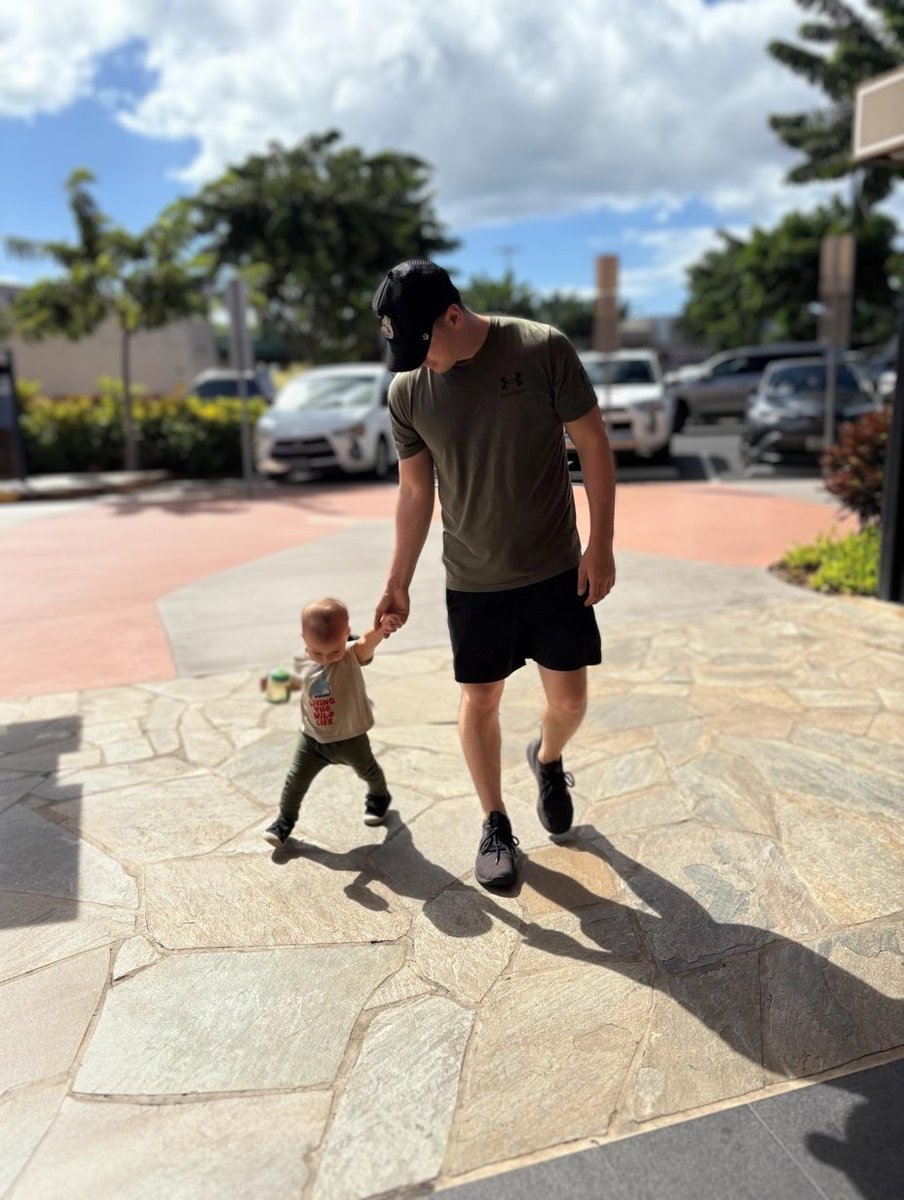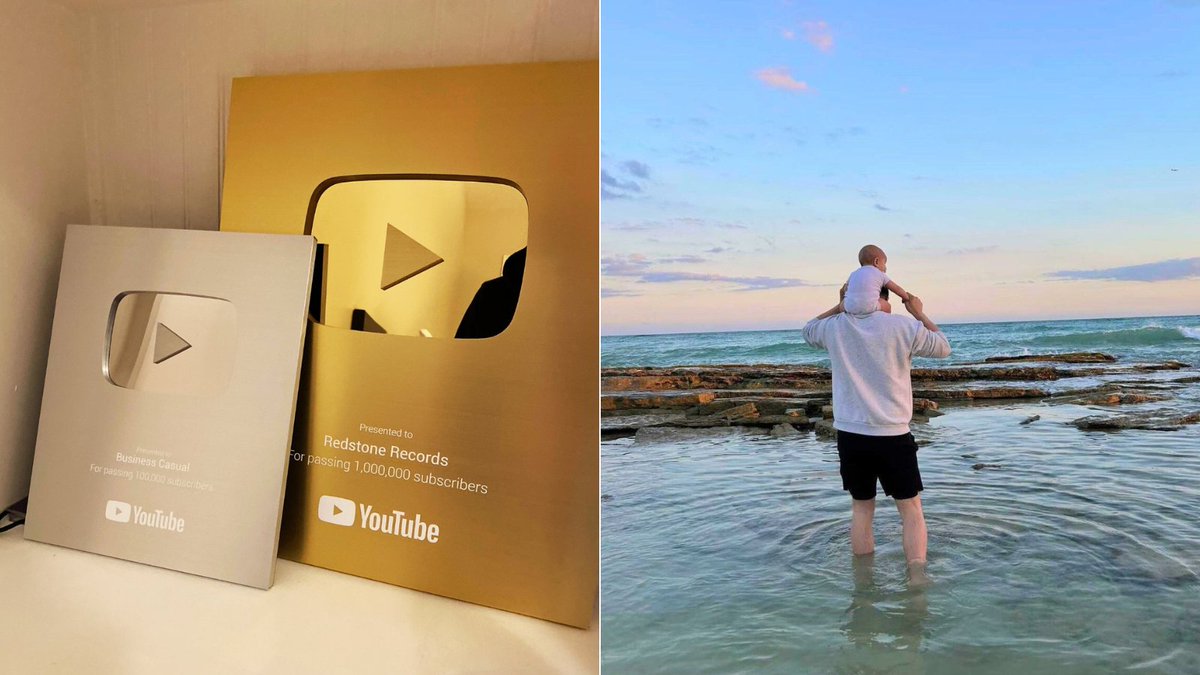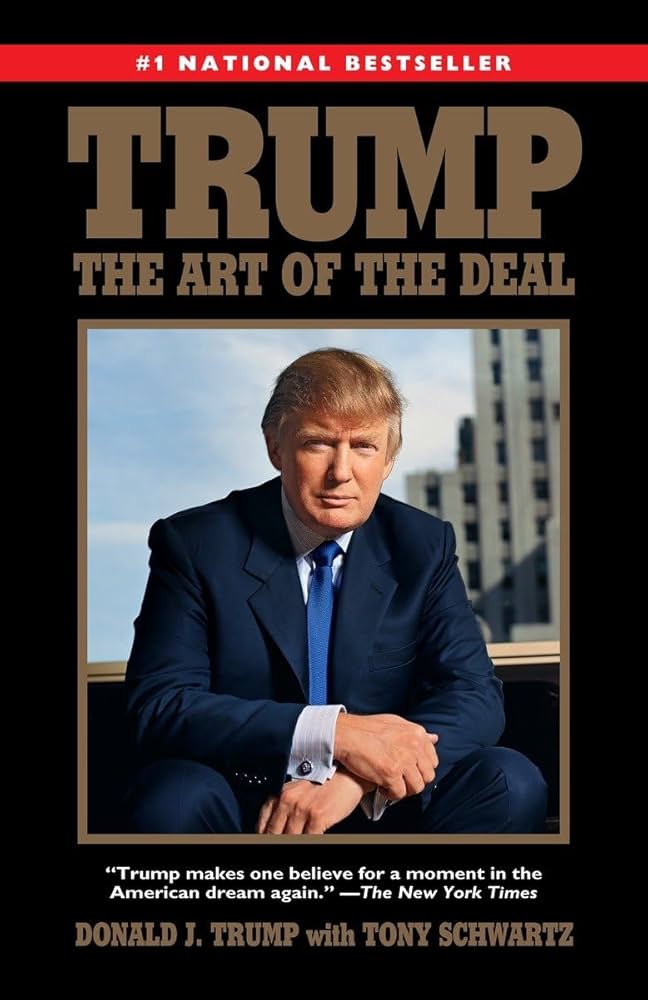This 16-year-old dropout built 400+ companies by breaking every business rule.
His "Virgin" strategy turned inexperience into $3 BILLION.
The playbook that conquered music, airlines, space, and beyond:🧵
His "Virgin" strategy turned inexperience into $3 BILLION.
The playbook that conquered music, airlines, space, and beyond:🧵

At 16, Richard Branson's dyslexia made school impossible, forcing him to think differently.
His first entrepreneurial endeavor was Student magazine, capturing the cultural revolution of the 60s.
First issue: 50,000 copies free + £8,000 in ads.
But it wasn't lucrative enough...
His first entrepreneurial endeavor was Student magazine, capturing the cultural revolution of the 60s.
First issue: 50,000 copies free + £8,000 in ads.
But it wasn't lucrative enough...
Branson's strategic move was to launch Virgin Mail Order - selling cut-price records through the magazine.
Why "Virgin"? They were complete virgins in business.
The name would become much more than just something to immaturely chuckle at...
Why "Virgin"? They were complete virgins in business.
The name would become much more than just something to immaturely chuckle at...

Virgin Mail Order funded Student magazine. Virgin stores created experiences. Virgin Records signed rejected artists.
He used one media channel to launch the next business vertical.
At the ripe age of 22, Branson noticed something about the music industry...
He used one media channel to launch the next business vertical.
At the ripe age of 22, Branson noticed something about the music industry...
Major labels were signing safe, boring acts while ignoring emerging genres.
Virgin's first big bet? Mike Oldfield's experimental "Tubular Bells" - which every other label rejected.
By 1973, "Tubular Bells" stayed #1 for 247 consecutive weeks.
The empire was expanding...
Virgin's first big bet? Mike Oldfield's experimental "Tubular Bells" - which every other label rejected.
By 1973, "Tubular Bells" stayed #1 for 247 consecutive weeks.
The empire was expanding...

While competitors avoided controversy, he signed the Sex Pistols when they were dropped by two other labels.
The lesson: Acquirers pay premium for companies that dominate overlooked niches.
Then came the master class of 1984:
The lesson: Acquirers pay premium for companies that dominate overlooked niches.
Then came the master class of 1984:

British Airways and other airlines treated customers like cattle.
Long lines, terrible food, zero personality.
Branson saw an opportunity: "What if we treated flying like a luxury experience instead of a bus ride?"
Virgin Atlantic was born...
Long lines, terrible food, zero personality.
Branson saw an opportunity: "What if we treated flying like a luxury experience instead of a bus ride?"
Virgin Atlantic was born...

Even though industry experts called airlines capital-intensive death traps, Branson understood that in mature industries, customer experience becomes the only true differentiator.
Virgin Atlantic's first flight had a brass band and champagne for economy passengers...
Virgin Atlantic's first flight had a brass band and champagne for economy passengers...
Within 5 years Virgin Atlantic carved out 20% of the lucrative London-NYC route.
Beyond building an airline, Branson was building a methodology:
Enter any industry where customers are treated poorly → Create superior experience → Dominate premium segment.
Beyond building an airline, Branson was building a methodology:
Enter any industry where customers are treated poorly → Create superior experience → Dominate premium segment.
This pattern repeated across 200+ companies:
• Virgin Mobile (when carriers had terrible customer service)
• Virgin Rail (when British trains were notoriously bad)
• Virgin Galactic (when space was government-only)
The formula was the same each time:
• Virgin Mobile (when carriers had terrible customer service)
• Virgin Rail (when British trains were notoriously bad)
• Virgin Galactic (when space was government-only)
The formula was the same each time:

Lazy incumbents + Poor customer experience = Virgin opportunity.
Branson also structured these ventures for maximum acquisition appeal.
His "branded venture capital" model meant Virgin provided brand + management while partners provided capital.
Translation:
Branson also structured these ventures for maximum acquisition appeal.
His "branded venture capital" model meant Virgin provided brand + management while partners provided capital.
Translation:
High-growth companies with proven management and minimal debt.
The numbers don't lie:
• Virgin Records → Sold to Thorn EMI for $1B
• Virgin Mobile USA → Sold to Sprint for $4.2B
• Virgin Blue → IPO'd, later sold to Singapore Airlines partnership
So the Virgin was born:
The numbers don't lie:
• Virgin Records → Sold to Thorn EMI for $1B
• Virgin Mobile USA → Sold to Sprint for $4.2B
• Virgin Blue → IPO'd, later sold to Singapore Airlines partnership
So the Virgin was born:

Industries ripe for disruption create acquisition goldmines.
Even Branson's "failures" became strategic wins.
Early tax scheme that got him arrested?
Even Branson's "failures" became strategic wins.
Early tax scheme that got him arrested?

Taught him financial discipline that stabilized the empire.
Bought gay nightclub Heaven in 1980s? → Spotted undervalued markets decades ahead of trends
Setbacks became pattern recognition.
The Branson Formula for acquisition-ready companies:
Bought gay nightclub Heaven in 1980s? → Spotted undervalued markets decades ahead of trends
Setbacks became pattern recognition.
The Branson Formula for acquisition-ready companies:

1. Find industries with lazy, customer-hostile incumbents
2. Build superior customer experience
3. Structure with clean cap tables and proven management
4. Create brand value that commands premium multiples
5. Scale the methodology across verticals
At 70, he went even further:
2. Build superior customer experience
3. Structure with clean cap tables and proven management
4. Create brand value that commands premium multiples
5. Scale the methodology across verticals
At 70, he went even further:
Branson literally went to space to test his own product.
That's the mindset difference:
Founders who build to flip vs. founders who build empires that naturally attract acquirers.
Which approach is guiding your next move?
That's the mindset difference:
Founders who build to flip vs. founders who build empires that naturally attract acquirers.
Which approach is guiding your next move?

Brands: We will build you an owned media portfolio that becomes a high performing asset.
Virgin disrupted customer acquisition through storytelling. Owned media is the secret ingredient.
If you're ready to build a portfolio of channels, let's chat:
cal.com/team/galactic/…
Virgin disrupted customer acquisition through storytelling. Owned media is the secret ingredient.
If you're ready to build a portfolio of channels, let's chat:
cal.com/team/galactic/…
Thanks for reading!
I'm Christian Mullican, founder of @GalacticMediaTV.
We help founders and B2B companies acquire and operate YouTube channels in their industry.
Follow me @cpmullican for more breakdowns on marketing and YouTube insights.
I'm Christian Mullican, founder of @GalacticMediaTV.
We help founders and B2B companies acquire and operate YouTube channels in their industry.
Follow me @cpmullican for more breakdowns on marketing and YouTube insights.
Media Sources:
virgin.com/about-virgin/t…
youtube.com/watch?v=k_G3o2…
youtube.com/watch?v=7cEXq-…
youtube.com/watch?v=s1Gjve…
youtube.com/watch?v=ZZ3qnx…
youtube.com/watch?v=-Fmiqi…
virgin.com/about-virgin/t…
youtube.com/watch?v=k_G3o2…
youtube.com/watch?v=7cEXq-…
youtube.com/watch?v=s1Gjve…
youtube.com/watch?v=ZZ3qnx…
youtube.com/watch?v=-Fmiqi…
• • •
Missing some Tweet in this thread? You can try to
force a refresh


